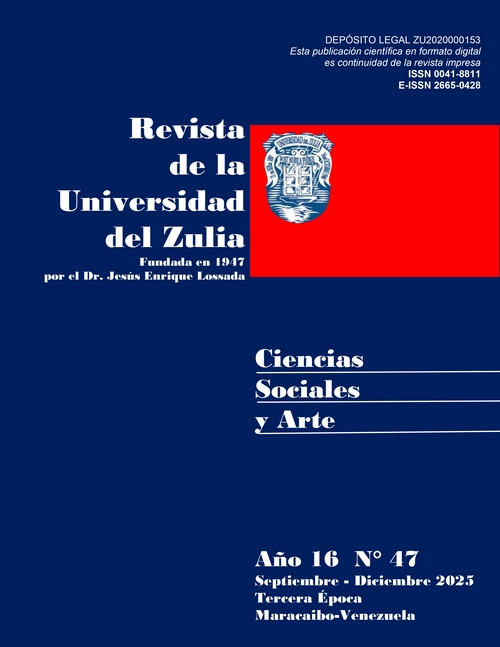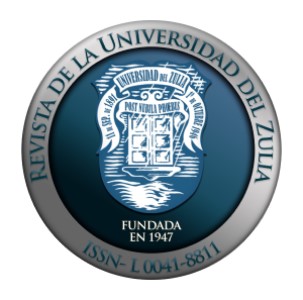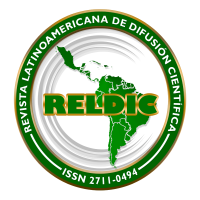Dignidad humana e inteligencia artificial como desafíos éticos en la era digital
Resumen
El presente artículo tiene como objetivo examinar la necesidad de salvaguardar la dignidad humana en el contexto del acelerado desarrollo de la Inteligencia Artificial (IA). La dignidad ha sido tradicionalmente abordada desde perspectivas ontológicas, filosóficas y teológicas, coincidiendo todas en su carácter intrínseco e inalienable al ser humano, independientemente de las variaciones en su fundamentación teórica. En la actualidad, los avances tecnológicos han generado significativos beneficios, al facilitar la realización de diversas tareas con mayor eficiencia y eficacia. Sin embargo, este progreso también ha suscitado preocupaciones crecientes respecto al impacto de la IA, particularmente ante su expansión en distintos ámbitos sociales y la carencia de marcos regulatorios adecuados. Se identifica un riesgo sustancial para la protección de la dignidad humana, así como las libertades individuales, la privacidad, la autonomía y la seguridad. En consecuencia, se enfatiza la urgencia de elaborar propuestas, normativas y políticas públicas que orienten el desarrollo y la implementación de la IA, garantizando que su evolución no comprometa los derechos fundamentales ni el bienestar de las personas.
Descargas
Citas
Breceda Pérez, Jorge Antonio y Castillo Lara, Clara (2023). “Derecho y Ciencia: Entre la Dignidad Humana y la Inteligencia Artificial”. En Ius et Scientia Volumen. 9 N°2. Universidad de Sevilla. Sevilla. p. 261-287.
Boden, Margaret A. (2016). Inteligencia Artificial. Turner. Cd. de México.
García San José, Daniel (2021). “Implicaciones Jurídicas y Bioéticas de la Inteligencia Artificial: Especial Consideración al Marco Normativo Internacional”. En Cuadernos de derecho transnacional. Volumen 13 N°1. Universidad de Sevilla. Sevilla. p. 255-276
Lezama Pérez, Janette (2023). La Dignidad Humana: Fundamento Ético y Derechos Humanos. Benemérita Universidad Autónoma de Puebla. Puebla.
Martínez Loza, Carlos (2023). “La Dignidad Humana como Fundamento de los Derechos Humanos”. En Ius Inkarri. Volumen 12 N°14. Universidad Ricardo Palma. Lima. p. 227-256.
Vial Correa, Juan de Dios y Rodríguez Guerro, Ángel (2009). “La Dignidad de la Persona Humana: Desde la Fecundación hasta su Muerte”. En Acta Bioethica. Volumen 15 N°9. Pontificia Universidad Católica de Chile. Santiago de Chile. p. 55-64.
Derechos de autor 2025 Adelso Rincón Romero

Esta obra está bajo licencia internacional Creative Commons Reconocimiento-NoComercial-CompartirIgual 4.0.
Copyright
La Revista de la Universidad del Zulia declara que reconoce los derechos de los autores de los trabajos originales que en ella se publican; dichos trabajos son propiedad intelectual de sus autores. Los autores preservan sus derechos de autoría y comparten sin propósitos comerciales, según la licencia adoptada por la revista..
Esta obra está bajo la licencia:
Creative Commons Reconocimiento-NoComercial-CompartirIgual 4.0 Internacional (CC BY-NC-SA 4.0)































